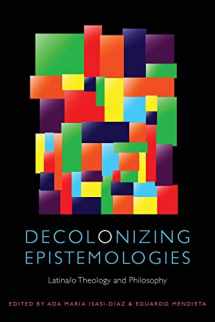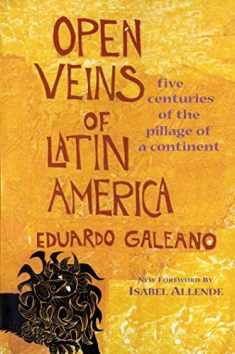
Decolonizing Epistemologies: Latina/o Theology and Philosophy (Transdisciplinary Theological Colloquia)
Book details
Summary
Description
Decolonizing Epistemologies builds upon the contributions of liberation and postcolonial theories in both philosophy and theology. Gathering the work of three generations of Latina/o theologians and philosophers
who have taken up the task of transforming their respective disciplines, it seeks to facilitate the emergence of new knowledge by reflecting on the Latina/o reality in the United States as an epistemic locus: a place from which to start as well as the source of what is known and how it is known.
The task of elaborating a liberation and decolonial epistemology emerges from the questions and concerns of Latina/os as a minoritized and marginalized group. Refusing to be rendered invisible by the dominant discourse, the contributors to this volume show the unexpected and original ways in which U.S. Latina/o social and
historical loci are generative places for the creation of new matrices of knowledge.
Because the Latina/o reality is intrinsically connected with that of other oppressed groups, the volume articulates a new point of departure for the self-understanding not only of Latina/os but also possibly for other marginalized and oppressed groups, and for all those seeking to engage in the move beyond coloniality
as it is present in this age of globalization.


We would LOVE it if you could help us and other readers by reviewing the book
Book review





